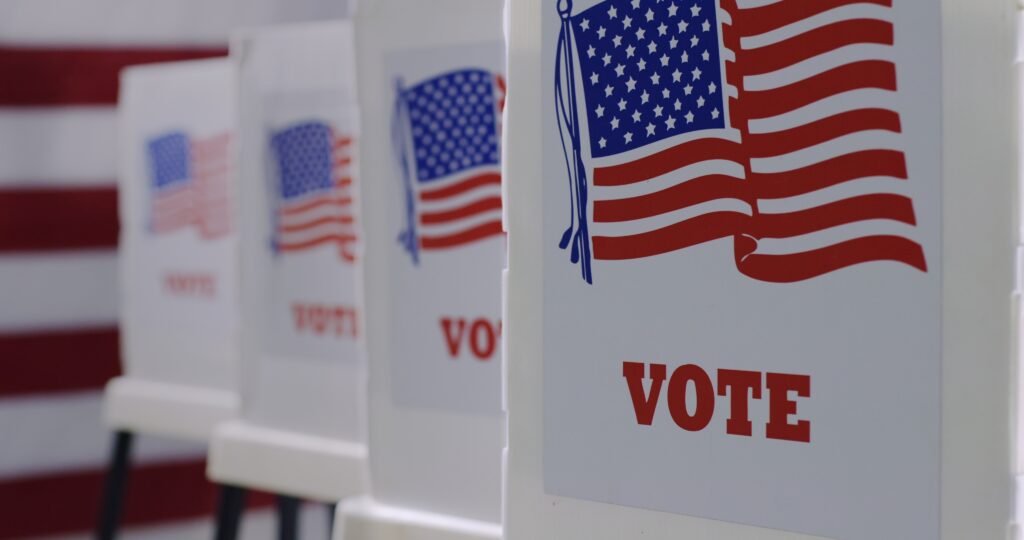Inflation highlights issues facing the beer industry
U.S. inflation is hitting highs we have not seen in 30 years, and consumers are feeling the crunch at the supermarket, the gas pump and more as the costs of goods continue to rise. The global pandemic, supply chain shortages, and shipping delays put further pressure on our already strained industries, including the beer industry.
The pandemic impacted every sector of our economy, and many industries, including the beer industry, are still recovering. All three tiers of the beer industry — including brewers and beer importers, distributors and retailers — faced extraordinary losses – estimated to be between $800-$900 million from beer that went bad because of shuttered bars, restaurants, and stadiums. In 2020 alone, more than 568,000 jobs supported by the beer industry were lost due to the pandemic. Spoiled beer and jobs losses only capture just some of the hurdles the beer industry faced during the pandemic.
After suffering the loss of jobs and hundreds of millions of dollars in unmerchantable products, brewers now must contend with increased input costs and supply shortages on products, including aluminum. Aluminum continues to be the single most significant input cost for brewers, and the pandemic significantly increased the demand for beer packaged in aluminum. In 2020, America’s brewers purchased more than 41 billion aluminum cans — four billion more than before the pandemic. As consumers have shifted towards aluminum cans for their beer and other products during the pandemic, the supply chain has not been able to keep up. Brewers nationwide have reported issues sourcing cans or are paying far more than they typically would for the cans they can find.
This aluminum can supply issue is exacerbated by a combination of tariffs and an opaque aluminum pricing system, known as the Midwest Premium, that further drives up the price of aluminum. To help American beer manufacturers already weighed down by supply chain disruptions, the Biden administration should remove all 232 tariffs on aluminum, which have skyrocketed aluminum prices to record highs and cost American brewers hundreds of millions of dollars.
As supply chain disruptions drive up the price of brewing inputs, brewers must also contend with labor issues, including worker shortages – especially truck drivers. The latest estimate is that the current driver shortage has risen to an all-time high of 80,000 drivers. The Wall Street Journal recently wrote that for one brewer in Atlanta, the cost of transporting a truckload of beer 600 miles has doubled due to a combination of high demand and a lack of drivers.
As Congress considers new legislation to help the American economy recover from the pandemic, now is not the time to raise taxes on one of America’s most critical industries. The beer industry supports more than 2 million American jobs and adds more than $331 billion to our nation’s economy, which represents roughly 1.6% of our nation’s GDP. The beer industry is committed to playing a leading role in our nation’s economic recovery, and brewers look forward to working with policymakers on opportunities to help the U.S. beer industry – and the broader American workforce – thrive.













